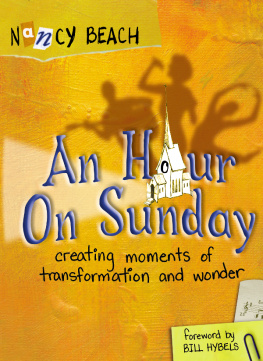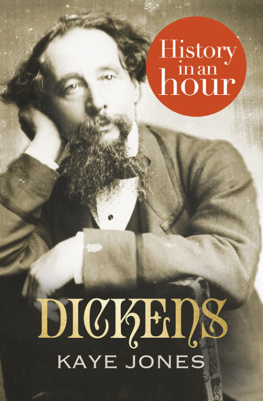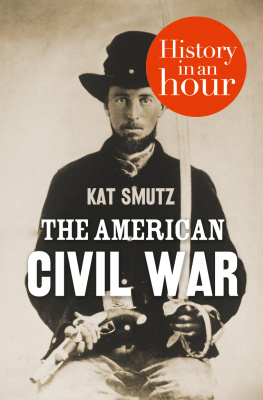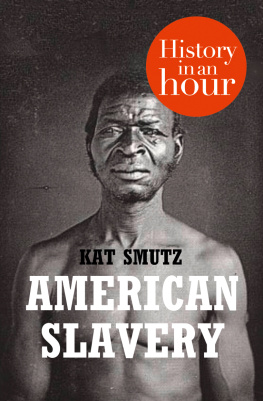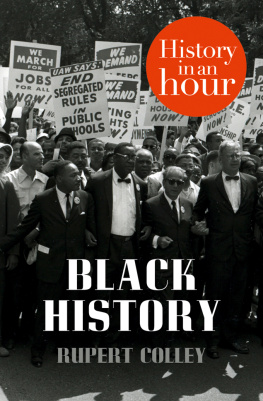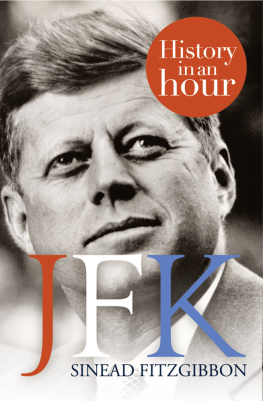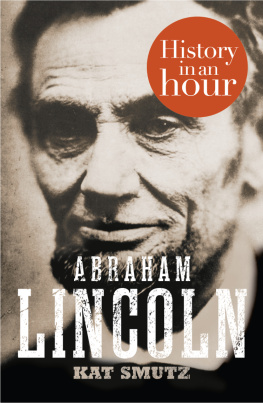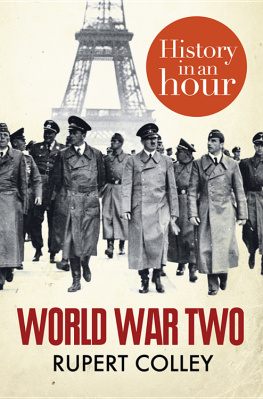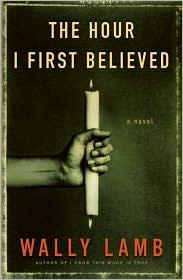SUNDAYS AT EIGHT
C-SPAN is directing any royalties from the sale of this book to the nonprofit C-SPAN Education Foundation, which creates civics and history teaching materials for middle and high school teachers.
Sundays at Eight
25 YEARS OF STORIES
FROM C-SPANS Q & A
AND BOOKNOTES
Brian Lamb
C-SPAN

Copyright 2014 by the National Cable Satellite Corporation.
Published in the United States by PublicAffairs, a Member of the Perseus Books Group
No part of this book may be reproduced in any manner whatsoever without written permission except in the case of brief quotations embodied in critical articles and reviews. For information, address PublicAffairs, 250 West 57th Street, 15th Floor, New York, NY 10107.
PublicAffairs books are available at special discounts for bulk purchases in the U.S. by corporations, institutions, and other organizations. For more information, please contact the Special Markets Department at the Perseus Books Group, 2300 Chestnut Street, Suite 200, Philadelphia, PA 19103, call (800) 810-4145, ext. 5000, or e-mail .
Library of Congress Cataloging-in-Publication Data
Lamb, Brian, 1941-
Sundays at eight : 25 years of stories from C-Spans Q&A and Booknotes / Brian Lamb. First edition.
p. cm.
Includes index.
ISBN 978-1-61039-349-2 (electronic)
1. C-SPAN (Television network)Anecdotes. 2. Booknotes (Television program) 3. Authors, American20th centuryInterviews. 4. Books and reading. 5. Authorship. 6. Lamb, Brian, 1941- Interviews. I. Title.
PN1992.92.C2L36 2014
384.55065dc23
2014006359
First Edition
10 9 8 7 6 5 4 3 2 1
For Victoria
Contents
THE ESSAYS IN THIS book have all been crafted from televised C-SPAN interviews. They were selected from more than 1,360 interviews conducted over the twenty-five year history of our two Sunday night interview series, Booknotes (19892004), followed by Q & A (2004present).
As in the style of previous C-SPAN books, the transcripts of the interviews have been excerpted and the interview questions were omitted to achieve an essay style. Essays were minimally edited in order to preserve the individual voices of our interviewees. We took care to remain faithful to each persons original meaning. Brackets and ellipses were used to indicate where words were, respectively, added or deleted within paragraphs. An extra space between paragraphs of an essay signals that we have pieced together non-sequential portions of the interview for clarity of thought.
All of the essays in Sundays at Eight are presented in traditional C-SPAN stylewithout commentary, allowing readers to form their own opinions about the people and issues we have selected for inclusion.
While the interviews presented here have been shortened and edited into essay format, in keeping with C-SPANs public affairs mission and commitment to providing the entirety of what we produce, complete transcripts and videos of the original hour-long interviews are available online at www.c-span.org/SundaysatEight.
WHAT MAKES FOR A good interview? Its a question Ive pondered throughout my journalism career and earlierever since I was a teenager hanging out in my Lafayette, Indiana, bedroom listening to talk programs on Chicago radio stations. Many of the lessons learned over the years are demonstrated in this, our latest interview book, Sundays at Eight, which gathers forty-one selections from the last twenty-five years, from Booknotes and Q & A, our two sequential C-SPAN Sunday night series, airing at 8pm ET/PT.
The most essential ingredient of a good interview is, not surprisingly, a guest with an interesting story to tell, who can tell it well. Over twenty-five years, the various producers of our Sunday night interview programs have booked more than 1,360 interviews. Our producers are always on the lookout for people whose expertise complements our networks public affairs programming: nonfiction authors, documentary producers, historians, public figures, or journalists. And, whether the stories they tell are contemporary or historical, they should be able to compel viewers with their humanity or insight into events. Once a guest is booked, however, its really up to the interviewer to get these stories told in an interesting and engaging way. For me, that translates into good preparation thats followed by asking concise and open questions, and listening carefully to rarely interrupted answers. The hour-long interviews that result then air exactly as recorded. In todays media world, our long-form, unedited production style is a polar opposite of Twitters 140-character universe.
This focus on the guest philosophy is why youll find this collection of interviews different from the standard TV interviewers book of verbatim transcripts. To emphasize our guests stories, Sundays at Eight has transformed forty-one interviews into essay-style chapters with all of my interview questions omitted. Weve used a light touch with our editing, hoping to capture each featured guests unique perspective in their own voice. (For a guide to the editing cues weve incorporated into the text, be sure to read our Notes on Style in the front section of this book.)
Sundays at Eight is our eighth published collection of interviews. Peter Osnos, PublicAffairs founder and emeritus publisher, suggested this latest collection when he learned that the spring of 2014 marks the twenty-fifth anniversary of C-SPANs Sunday interview series. This book features never-before published interviews from both series assembled into broad themes reflecting the times in which we live: Money and Politics, American History, Media and Society, and Post-9/11 America.
The books initial section is titled simply, Stories, and has become a favorite of our book team. Be sure to read the tale of Ishmael Beah, a conscripted boy soldier in Sierre Leones civil wars, ultimately rescued by international relief groups and adopted by a caring American woman. Theres Alfredo Quiones-Hinojosa, known more familiarly as Dr. Q. His is a quintessential American tale. Today, hes a world-famous brain surgeon at Baltimores Johns Hopkins Hospital, but in an amazing up from the bootstraps story, he came to this country as a young immigrant from Mexico with little education, crossing the California border illegally. April Witt is a former Washington Post reporter who recounts a tale of the American Dream gone bad: West Virginian Jack Whittaker, a big-time lottery winner who learned through family tragedy that money is no key to happiness. And then there is the riveting story of Shin Donghyuk, born inside a North Korean labor camp. Journalist Blaine Harden, whose work has taken him all over the world, is a great storyteller who has you on the edge of your seat as he tells of Shins perilous escape. Shin, who had no knowledge of the world outside the camp as he left its confines, remains the only person known to escape its horrors.
American History is a collection of nationally recognized historians who help provide context to the public affairs content served up daily on the C-SPAN networks. Don Ritchie and Richard Baker are two fine public servants who have devoted their professional lives to curating the history of the United States Senate. Their chapters provide insiders expertise on the history of the Senate, capturing its essence. David McCullough, a great friend of this network and the dean of popular historians for his many book and television projects, recounts some of the stories told in his recent book,
Next page

